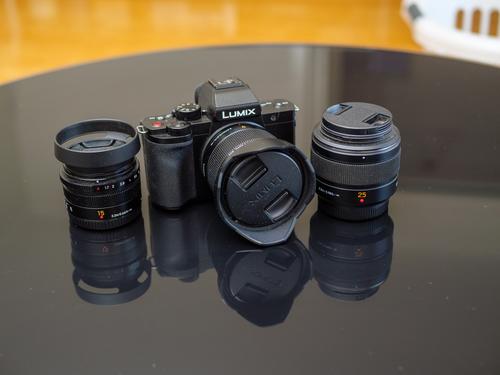For years I have tried various methods to store, back up and organize photos while I am traveling. This is my latest and easily most successful way to do it.
I travel regularly and managing a travel process is important to me. If you have ideas on it and/or other systems, would you care to share them?
My gear. I use Sony cameras with SD cards. I'll discuss lenses and travel in another post, eventually.
After many years I have swapped from Windows to Mac because of travel and one particular Mac. The 13 inch Airbook. It has to be either the M1 or M2 model. Previous models didn't have the power I need. I can take that Mac plus my camera and a Kindle comfortably within weight limits in my small backpack on a plane.
The 13inch Airbook M1or M2 amazed me. It is small and lightweight. It has a very good screen, keyboard and trackpad. The big deal however is its power and battery life. Even with just the base configuration with 8gig of ram, the way that ram is managed makes Photoshop and Lightroom processing fast and smooth. I don't think more Ram is needed unless you do a lot of video. There is no fan- it runs cool which indicates it uses little power. I get 12 or more hours on battery without trying hard. This means I can easily do work on images while on buses etc.
I boost the memory to 2tb with a Samsung external SSD. I also have a high speed plug in card reader.
I have full versions of Photoshop, Lightroom and Topaz installed on the Mac,
Each night I download the day's shooting to the external SSD. It goes into a file structure that slots straight back into my desktop set up when I get home. When downloading new images into I have LR set to not download duplicates of images already in the computer. This means I can keep using the same sd card until it is full, this usually takes a couple of weeks. LR only accepts the new images I have shot. Each night or on buses etc, I go through the shots and cull them. I put a reject against any shot I know I don't want to keep. But I don't delete it. By not deleting at this stage, the next download wont try to load that image again because it only downloads images not on the computer. I keep full Sd cards somewhere separate and safe. They are my backups. Once I'm home, I delete all rejected images from the computer in one hit. Once everything is on my home computer it does an auto back up and then I reformat the SD cards.
In spare time while traveling I go through the shots to begin selecting and post processing. PhotoShop and Topaz are available at the touch of a button if I want them as part of this.
Sometimes I shoot panoramas to be stitched. I always do the stitching later that day because I lose track of series of images that I took with the intent to stitch them later. The Mac M1 easily handles large multi image stitching and Topaz processing of those huge images if I think that is required. My old Windows desktop machine took far longer to do these tasks.
I also like to get a lot of the preliminary sorting and processing done while I'm traveling and the day's events are fresh in my mind. A few weeks land many images later and I find I have often lost track of what I was trying to do when I took a particular shot. Besides, I'm a;ways busy when I get home and reviewing and processing the collection becomes a weight rather than part of the day's excitement.
If you go to the current weeks C&C forum on DPRevived you will find some of my shots that have been through this process.
dprevived.com/t/wednesday-cc-no-theme-thread-795-revived-015-on-2023-07-12/4569/
Of the many trips I have done, the above set up was easily the best solution I have found. So far.

